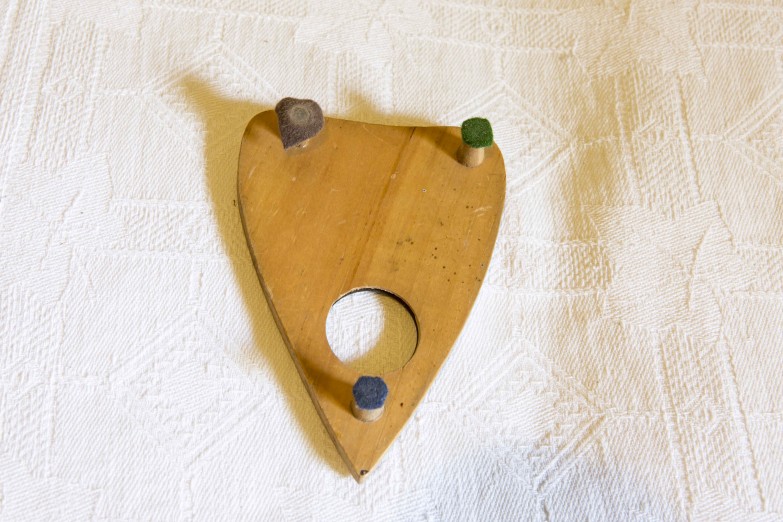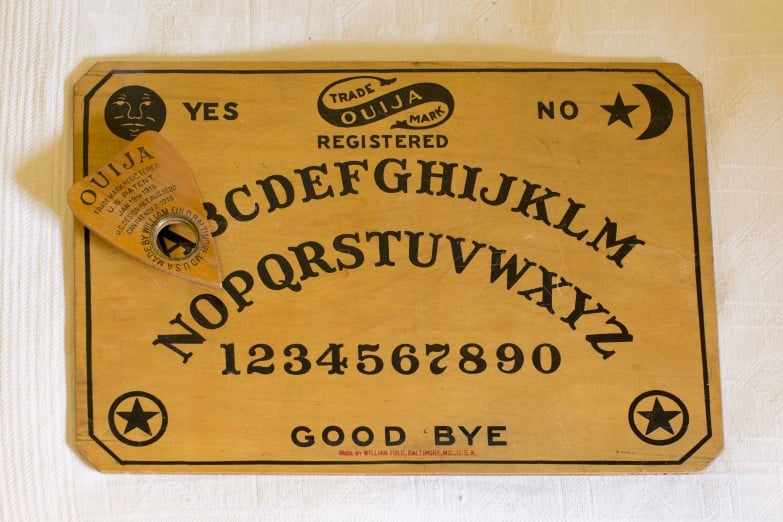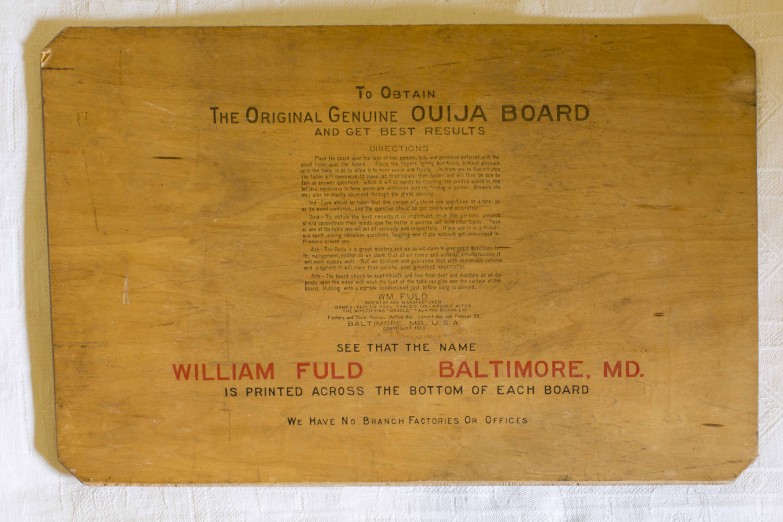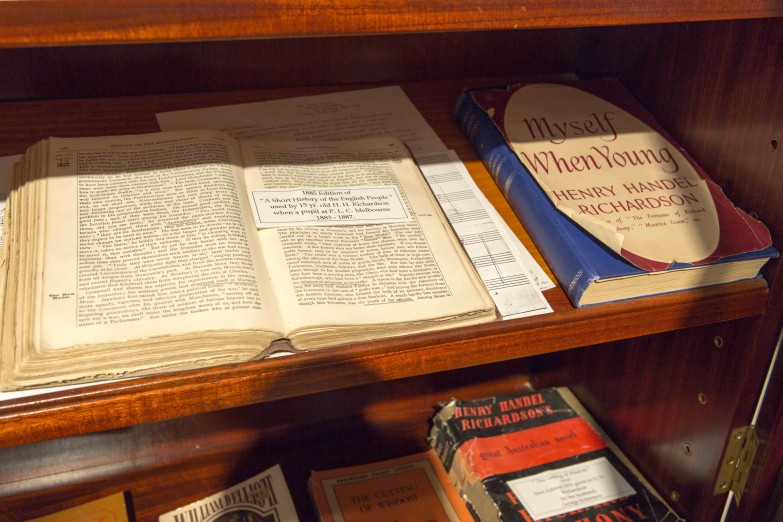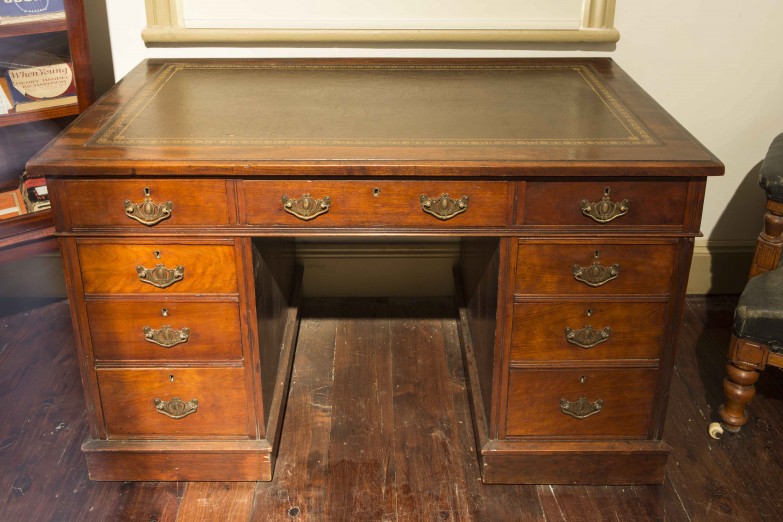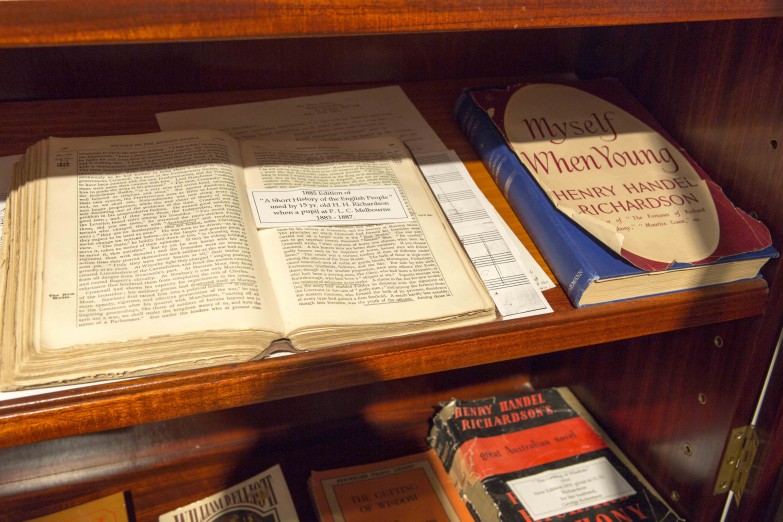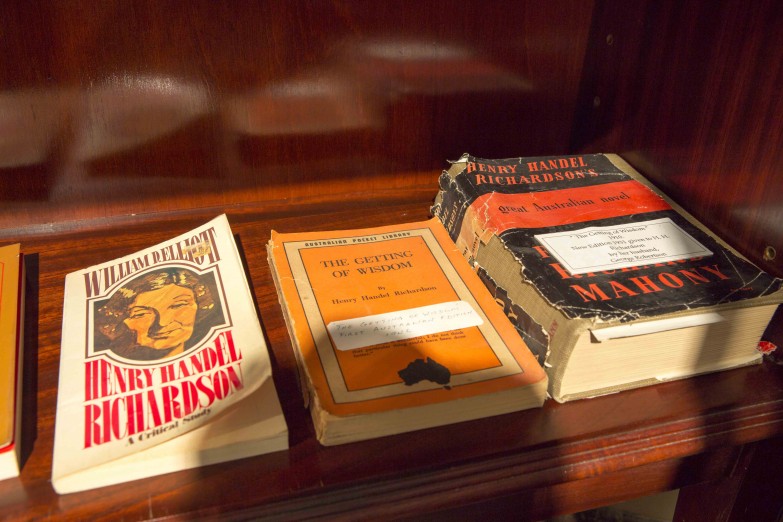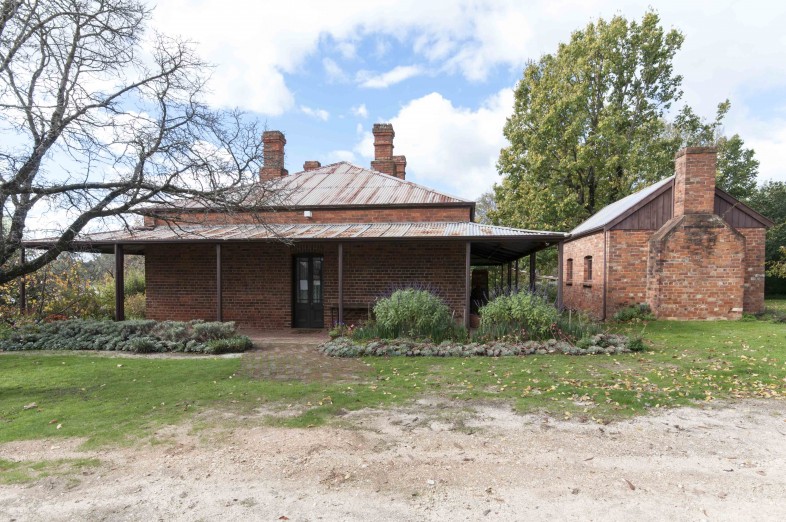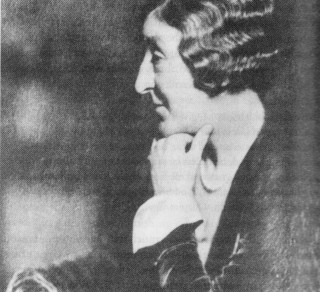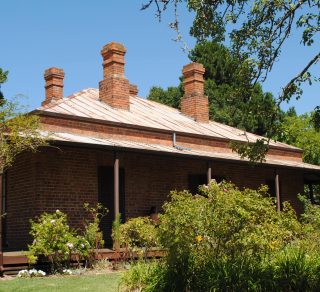H.H. Richardson believed in the after life and used the Ouija board. She claimed not to mourn because she was always in contact with deceased loved ones.
Henry Handel Richardson (H.H.R.) was the pen name of Ethel Florence Richardson (1870-1946), author of The Getting of Wisdom (1910), The Fortunes of Richard Mahony (trilogy 1930), and Maurice Guest (1908). H.H.R. communicated with the spirit world on a daily basis. The Ouija board on display at Lake View, where H.H.R. spent part of her girlhood, is not original but is similar to the one she more than likely used. H.H.R. spoke regularly with her husband, the academic John George Robertson, and read him her manuscripts to gauge his response from the ‘other side’; a poignant connection that was maintained long after death.
Despite the seeming ‘eccentricity’ of these spiritual beliefs, the questioning of the realities behind culture, society and our everyday world, gave the Richardson family an intellectual boldness and vitality. H.H.R. was a member of many spiritualist and psychic research associations in England. Her parents had been members of the Victorian Association of Progressive Spiritualists, her father was an active member who lectured and wrote on the subject. The family’s belief in spiritualism brought with it progressive ideas about health, education and politics, for example her sister was a militant suffragette and dedicated herself to alternative education.

